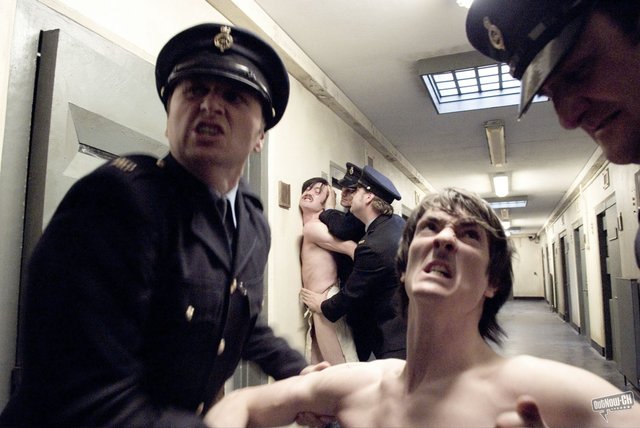Film Review: Hunger
Stark Historical Drama Examines The Details Of One Man’s Death


“Seriously
Latest Article|September 3, 2020|Free
::Making Grown Men Cry Since 1992


“Seriously